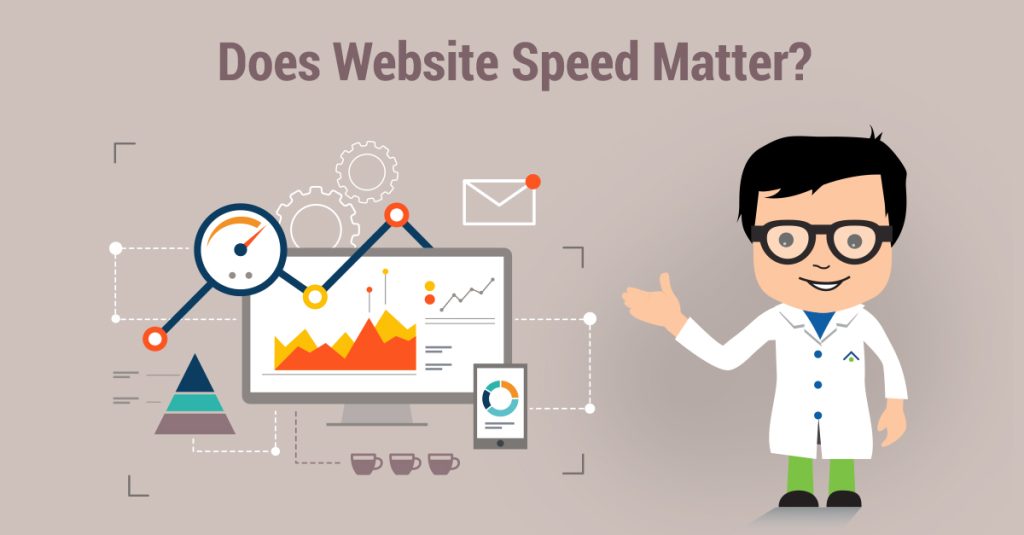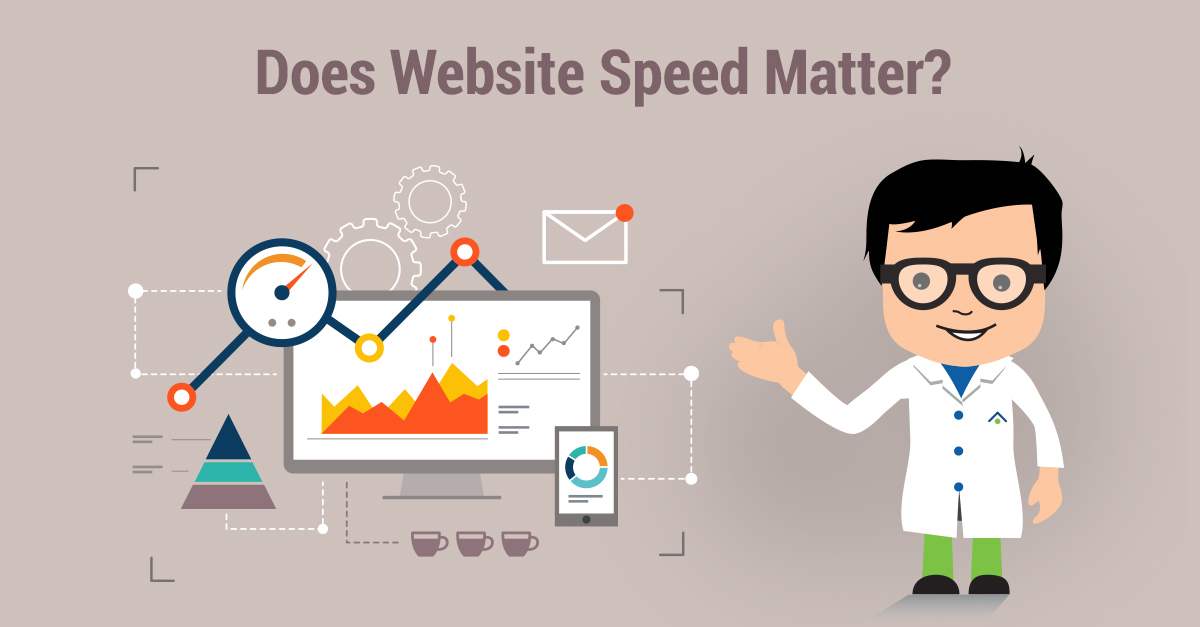Many people have ever encountered. Is clicked on a search result in Google, but then it takes a long time the website is displayed. In that case, chances are you the web site click away. In so doing, create a website with a high bounce rate. In addition, a slow website also has a negative impact on rankings in Google.

In view of usability and SEO design of the website will have to come so a solution for this. In another blog we gave a preview of some tips to reduce bounce rate . We now take a closer look at four tips that can improve the speed of a website.
Tip 1: Rapid server
It is important that your website is hosted by a hosting partner that can provide a fast load time of the website. A slow loading time it makes sure that your website will never score best in the Google search results.
Google believes it is important that the response time of a server is no longer than 200 ms. Through tools like Pingdom and Google Page Speed Insights, you can view the load time of your website. If the response time of the server are not in order, then look around for hosting parties who can provide a good server speed or try to find an affordable dedicated server you can easily handle.
Tip 2: GZIP compression
The GZIP compression is an important component to reduce the size of your website. We’re not talking about the number of pages, but on the level of the number of KB of the files on your website. By turning on GZIP compression, it is possible to send smaller files to the browser. Therefore, the load time of your website can be improved.
Turning the GZIP compression can be achieved in some cases through the CMS system for your website. In many cases, however, you have to dive deeper into the technology to enable GZIP compression. It is possible to put a code in the .htaccess file of the website. The best thing you can do to turn an experienced web designer.
Tip 3: Browser Caching
By turning the browser caching, make sure that you provide a shelf life of images, CSS files, Javascript etc. Thus a returning visitor need to download these files every time the server, but these files are stored locally on the computer visitor. If you have enabled browser caching, then a returning visitor will experience a faster loading time.
Turning the browser caching will be done in most cases via the .htaccess file from the website. Here you can decide how long some files may remain in the cache.
Tip 4: Compress Pictures
The fourth tip is to compress the images on your website. This means that the images in number KB are stored as small as possible. Of course it is important that the quality and size are hereby maintained as much as possible.

